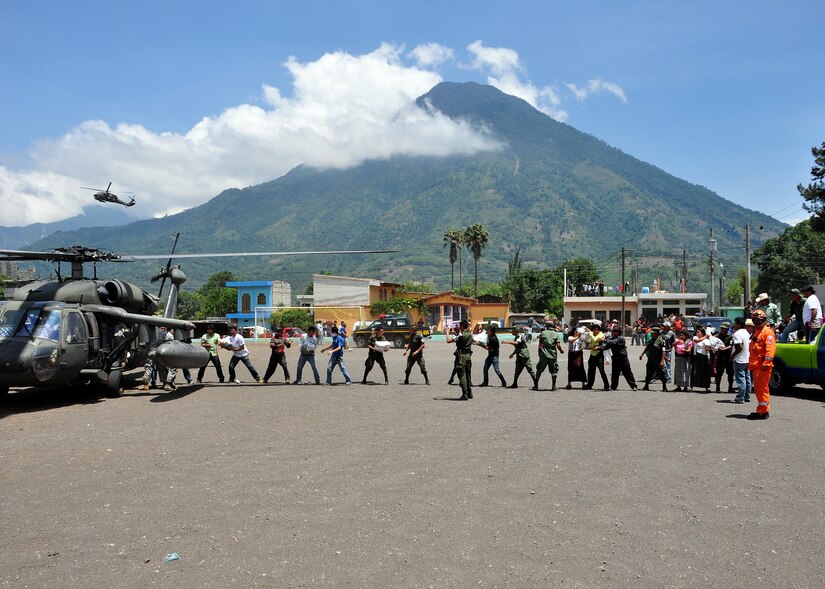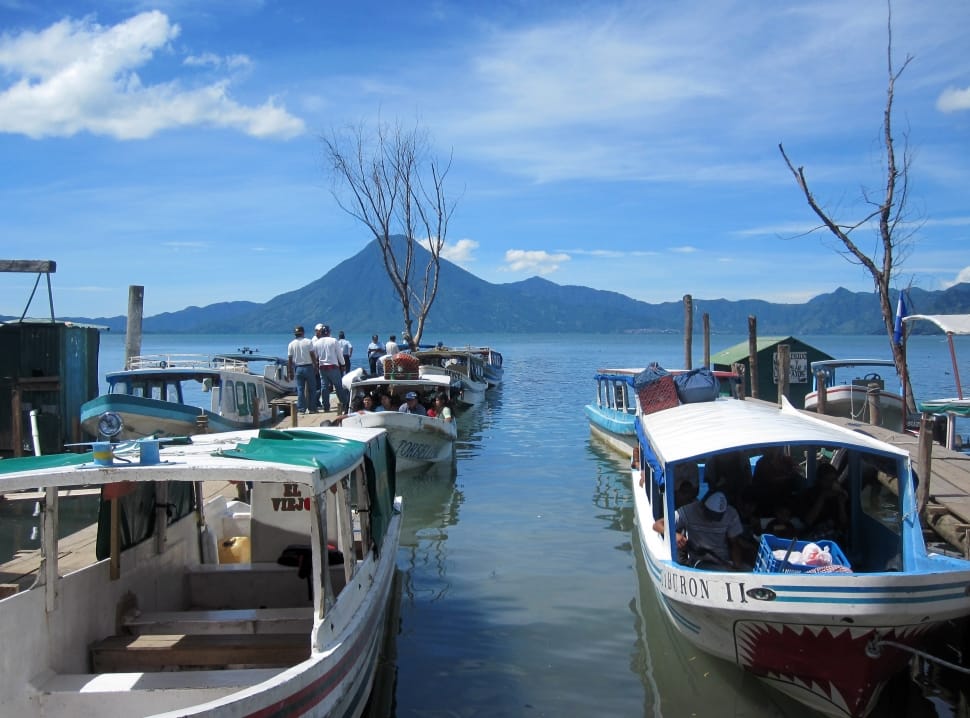Santiago Atitlán, Guatemala


Guatemala disaster relief
Visit the guide

File:Volcano Atitlan, San Pedro, Toliman & Lago Atitlan 3D version ...
Visit the guide

HD wallpaper: Lake Atitlán, Guatemala, Volcano, Boat, mountain ...
Visit the guide

Helos transport 152,000 pounds of aid to Guatemalans in need ...
Visit the guide

Free Images : sea, coast, boat, vacation, travel, vehicle, volcano ...
Visit the guide

Royalty-Free photo: Guatemala, beautiful, lakes, mountain, sky ...
Visit the guide

File:Volcano Atitlan, San Pedro, Toliman & Lago Atitlan 3D version ...
Visit the guide

Guatemala disaster relief
Visit the guide

white boat vessel free image | Peakpx
Visit the guide

File:Lago Atitlàn.JPG - Wikimedia Commons
Visit the guide
population: 0.03 million
extension: 75.68 square kilometers
Museums
If you're in Santiago Atitlán and interested in visiting museums, a great place to start is the Museo Tz'unun Ya' which focuses on the history and culture of the Tz'utujil people. If you want to visit more museums nearby, you could also consider the Casa Cakchiquel Museum in Panajachel or the Museo La Azotea in Jocotenango.
Food
Some of the most recommended and typical dishes to eat in Santiago Atitlán (Guatemala) according to locals are:
1. Pepián: A hearty stew made with meat (usually chicken or beef), vegetables, spices, and a thick sauce made from ground pumpkin seeds.
2. Chiles Rellenos: Fried peppers stuffed with meat, cheese, or vegetables.
3. Kak'ik: A traditional Mayan turkey soup that is usually served during special occasions or celebrations.
4. Jocon: A green stew made with chicken, tomatillos, cilantro, and other herbs and spices.
5. Tamales: Corn dough filled with meat, vegetables, or cheese, wrapped in banana leaves, and steamed.
6. Tortillas: Made from ground maize and typically served with every meal in Guatemala.
7. Atol de elote: A sweet corn drink made with milk, cinnamon, and sugar, often served for breakfast.
8. Rellenitos: Sweet plantain fritters filled with black beans and cinnamon, and topped with sugar.
Activities
Some fun activities that local people enjoy in Santiago Atitlán include:
1. Visiting the local market: The town's market is a great place to experience its vibrant culture and interact with locals.
2. Taking a boat ride on Lake Atitlán: Renting a small boat or taking a guided tour around the lake is a popular activity among locals and tourists alike.
3. Hiking up Cerro de Oro: This nearby mountain offers stunning views of Lake Atitlán and the surrounding landscape.
4. Attending a traditional Mayan ceremony: Santiago Atitlán is known for its strong indigenous culture, and attending a traditional ceremony can be a fascinating cultural experience.
5. Learning how to weave textiles: Textile weaving is an important part of the local culture, and many locals offer workshops where you can learn how to create your own pieces.
